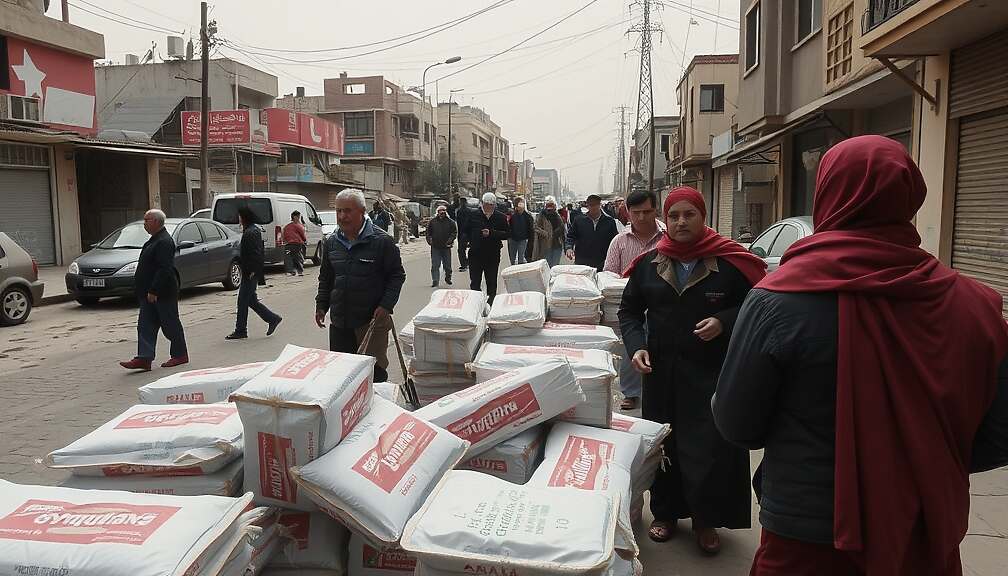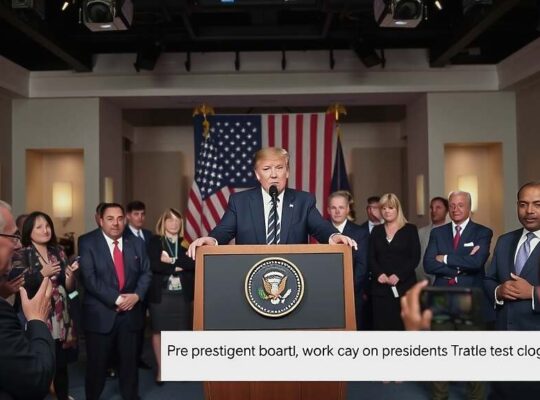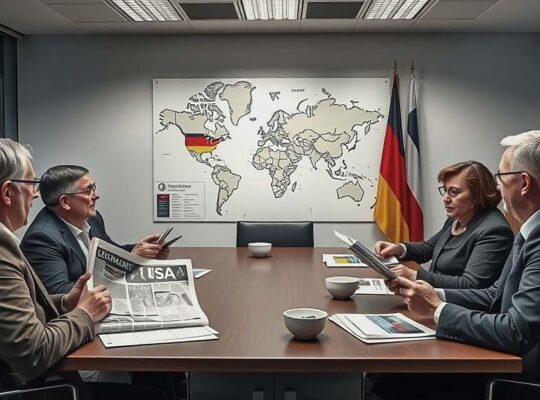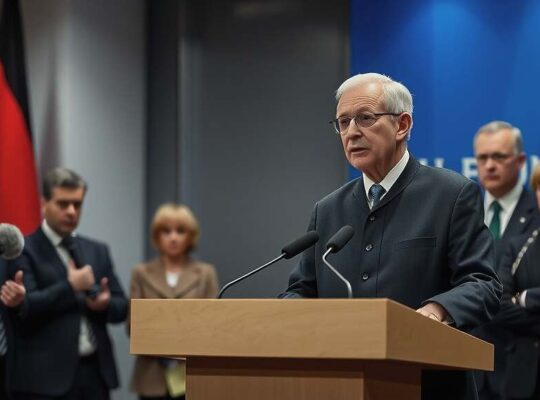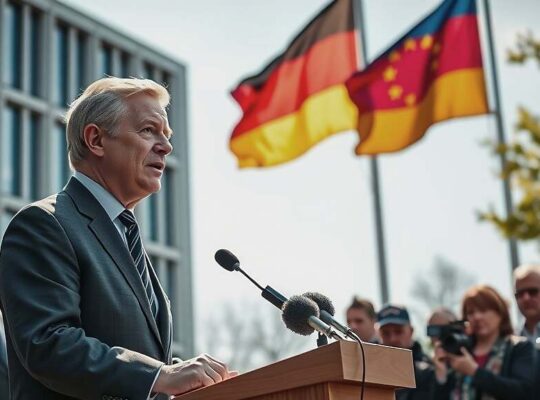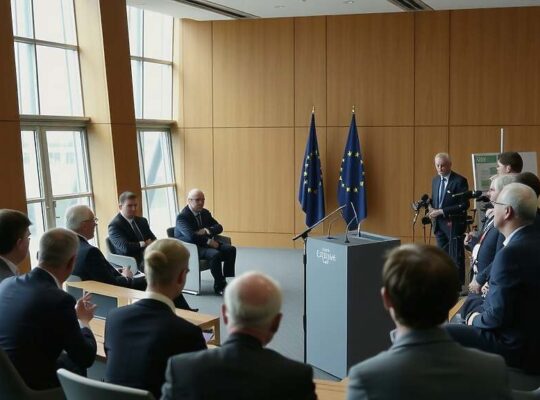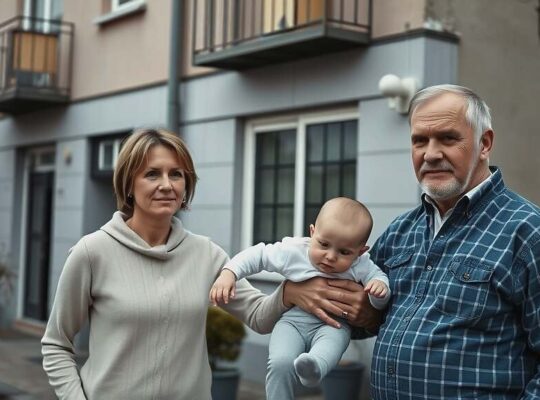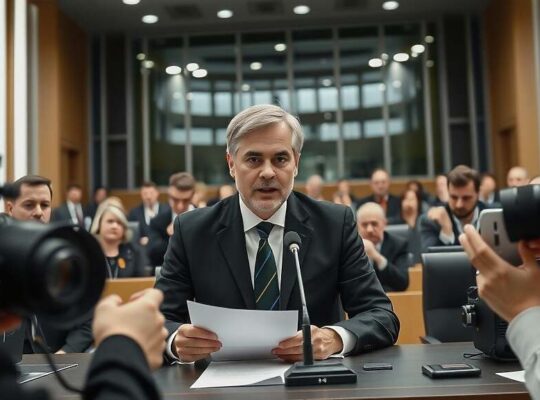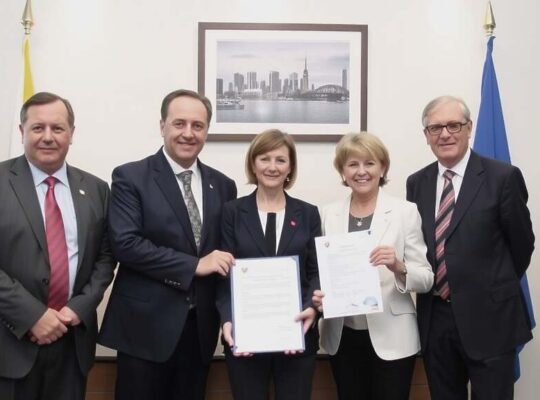The President of the International Committee of the Red Cross (ICRC), Mirjana Spoljaric Egger, has cautioned against complacency while acknowledging a rare opportunity for lasting peace in the Gaza Strip, despite persistent anxieties. In an interview with German broadcaster ARD’s “Tagesthemen”, Egger stated that while the likelihood of renewed conflict has historically outweighed prospects for peace, the current pause presents a critical juncture that demands immediate and dedicated action.
Egger stressed the severity of the humanitarian crisis, warning that a return to the conditions of the past two years is simply unsustainable. “The people have no more resilience. The territory is devastated” she noted, underscoring the fragility of the situation and the immense pressure on political actors capable of influencing the trajectory of events. A failure to maintain the fragile ceasefire, she warned, would constitute an “absolute catastrophe.
While acknowledging the potential for progress, Egger highlighted the complexity of the undertaking, emphasizing that successful reconstruction-both physical and societal-cannot be achieved through unilateral efforts. A concerted and collaborative approach involving United Nations partners, international non-governmental organizations, national authorities and local governance structures is essential. Providing a timeframe for reconstruction remains elusive, given the scale of the devastation.
Describing the suffering witnessed over the last two years as unprecedented in recent decades, Egger firmly rejected the expectation of swift or easy recovery. The deep psychological trauma inflicted upon the population necessitates a comprehensive approach that addresses not only immediate needs but also long-term healing. Crucially, she insisted that any lasting solution will require a process that ensures the rights and very existence of all parties affected by the conflict are recognized and validated, moving beyond a purely transactional peace. This speaks to a need for a re-evaluation of power dynamics and a commitment to inclusive decision-making if true and sustainable peace is to be achieved.


